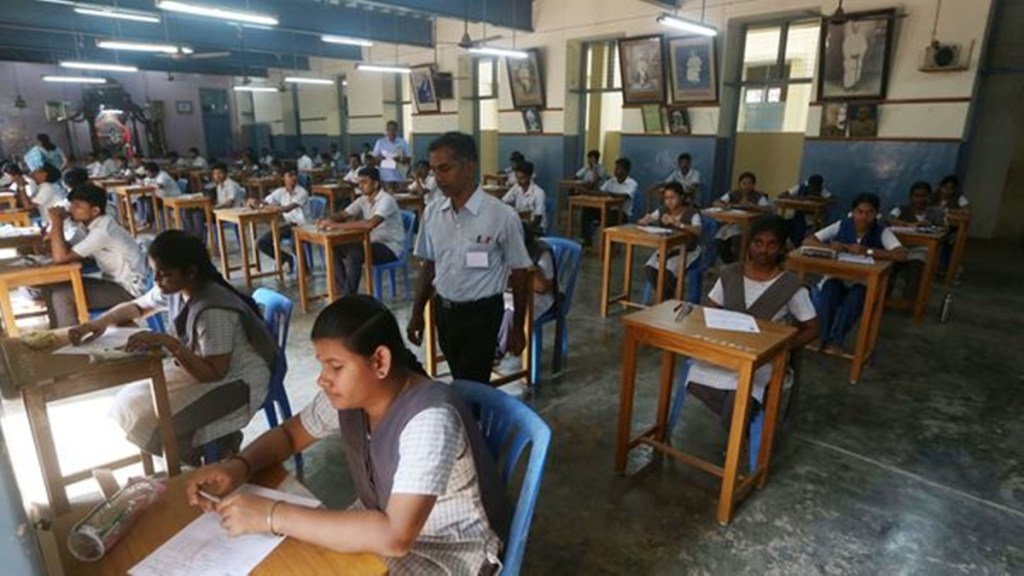By Ashok Pandey
Every year, as students across India brace themselves for exams, a remarkable initiative stands out – a brilliance of guidance and motivation that touches millions of lives. Pariksha Pe Charcha (PPC) is more than an event; it is a masterclass in handling challenges, fostering resilience, and embracing holistic development, all led by Prime Minister Narendra Modi. Scheduled for February 10, this year’s PPC marks a new milestone with 2.79 crore participants – up by 25% over last year – a testament to its growing significance in India’s high-stake board examinations.
Since its inception in 2018, PPC has reshaped how students, parents, and teachers view exams. Moving away from stress-laden narratives, it reframes exams as opportunities for growth. Its ability to connect and motivate while instilling long-lasting attitudinal shifts is what makes PPC stand apart.
Salient themes from previous years
Over the years, PPC has driven home messages that resonate with millions. It emphasises treating exams as a joyful festival, reducing the pressure of one exam by reinforcing long-term growth, and encouraging students to channel stress positively. The PM’s focus on continuous improvement – urging students to compete with themselves – alongside parental and teacher support, creates a nurturing environment where learning thrives beyond test scores. These themes remind students to embrace exams as a part of life, with growth, self-evaluation, and positive reinforcement acting as pillars of success.
What to expect in PPC 2025
As this year’s edition approaches, the PM is likely to address timely issues that resonate across the educational spectrum. With AI making waves in classrooms, he may highlight its role in enhancing creativity and personalising learning while warning against overdependence. Climate change and sustainability could be linked to long-term academic goals, inspiring students to contribute beyond textbooks.
Mental fitness and practical skill-building are also expected to feature prominently, focusing on mindfulness practices and skill-based learning in areas like coding and problem-solving. With sports and team-spirit serving as metaphors for resilience and recovery, the PM may encourage a holistic balance between academics and well-being.
PPC and faculty development
For teachers, PPC offers valuable strategies that can be embedded into their professional growth:
Developmental assessment: View exams as checkpoints for improvement, where feedback loops guide personalised growth plans.
Self-competition framework: Encourage students to set self-assessment goals, fostering intrinsic motivation and reducing peer-based competition.
Well-being practices: Integrate stress management techniques, such as meditation and reflective exercises, to promote emotional resilience.
These strategies ensure that PPC’s spirit is embedded within classrooms, transforming exams from high-pressure moments to opportunities for learning and growth.
Why PPC matters now more than ever
In the age of overwhelming educational pressures, PPC serves as a reminder of the core values of learning, resilience, and holistic growth. As the PM interacts with students on February 10, millions will tune in, not just for exam tips but also for guidance that transcends academic boundaries. PPC is no longer just an event; it is a movement promoting a healthier, more balanced approach to success for those who appear for exams now but will be the prime movers of a Viksit Bharat in 2047.
This year’s PPC will inspire students not only to excel in exams but also to excel in life – an invaluable lesson for every generation of learners.
The author is chairperson, Council for Global Citizenship Education.
Disclaimer: Views expressed are personal and do not reflect the official position or policy of FinancialExpress.com. Reproducing this content without permission is prohibited.
